September 5 stands as one of history’s most eventful days, witnessing the rise and fall of empires, groundbreaking discoveries, and moments that shaped our modern world across centuries of human achievement.

Politics and Government Events on September 5
1905 – Treaty of Portsmouth Ends Russo-Japanese War
President Theodore Roosevelt mediated peace negotiations in New Hampshire, bringing the devastating Russo-Japanese War to its conclusion. The Treaty of Portsmouth established new power dynamics in East Asia.
Roosevelt’s diplomatic intervention earned him international recognition and the Nobel Peace Prize. The agreement marked Japan’s emergence as a major world power while highlighting Russia’s declining influence.
1944 – Benelux Economic Union Established
Belgium, Netherlands, and Luxembourg formed the Benelux customs union, creating one of Europe’s first post-war economic partnerships. This groundbreaking alliance eliminated trade barriers between the three nations.
The union served as a crucial stepping stone toward European integration and the eventual formation of the European Economic Community. Its success demonstrated the viability of international economic cooperation.
1960 – Léopold Sédar Senghor Becomes Senegal’s First President

The renowned poet and philosopher won Senegal’s first presidential election following independence from France. Senghor brought intellectual gravitas and Pan-African vision to the newly sovereign nation.
His presidency combined literary excellence with political leadership, establishing Senegal as a beacon of African cultural renaissance. Senghor’s tenure helped shape modern African political thought and cultural identity.
1948 – Robert Schuman Appointed French President of Council
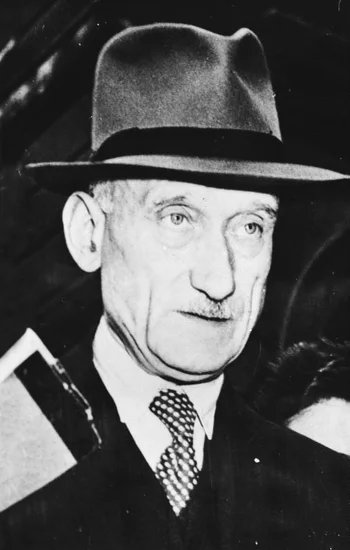
The future architect of European integration assumed dual roles as Foreign Minister and President of the Council in France. Schuman’s appointment positioned him to negotiate crucial post-war treaties.
His leadership proved instrumental in rebuilding Franco-German relations and establishing the foundation for European unity. Schuman’s vision would later inspire the creation of the European Coal and Steel Community.
2022 – Liz Truss Wins Conservative Party Leadership

The Foreign Secretary defeated Rishi Sunak in the Conservative Party leadership contest, securing her path to becoming Prime Minister. Truss’s victory marked a significant shift in British political leadership.
Her campaign promises of tax cuts and economic growth resonated with party members across the United Kingdom. The leadership change came during a period of significant economic and social challenges.
2021 – Guinea Military Coup Captures President Alpha Condé

Armed forces seized control of the West African nation, detaining the democratically elected president in a swift military operation. The coup marked another setback for democratic governance in the region.
International condemnation followed immediately, with regional and global powers demanding the restoration of constitutional order. The military takeover highlighted ongoing political instability across West Africa.
Military and Naval History on September 5
1914 – First Battle of the Marne Begins
French forces launched their counteroffensive against advancing German armies threatening Paris during World War I. The battle would prove decisive in preventing German victory in the opening months of the war.
General Joffre’s strategic brilliance and the famous “taxi cabs of the Marne” helped transport reinforcements to the front lines. The German retreat marked the end of the Schlieffen Plan and the beginning of trench warfare.
1942 – Japanese Forces Retreat from Milne Bay
The Imperial Japanese Navy ordered its first major withdrawal from a land battle during the Pacific War. Australian and American forces had successfully repelled the Japanese invasion of New Guinea.
This defeat shattered the myth of Japanese invincibility and demonstrated that Allied forces could achieve victory in ground combat. The battle marked a turning point in the Pacific Theater.
1943 – Allied Paratroopers Capture Lae Nadzab Airport

The 503rd Parachute Infantry Regiment executed a successful airborne assault on the strategic airfield near Lae, New Guinea. The operation demonstrated the effectiveness of airborne tactics in the Pacific.
Control of the airport provided crucial logistics support for the broader Salamaua-Lae campaign against Japanese forces. The victory showcased American military innovation and tactical flexibility.
1941 – Nazi Germany Completes Estonian Occupation
German forces gained complete control over Estonian territory, replacing Soviet occupation with Nazi administration. The occupation brought systematic persecution and exploitation to the Baltic nation.
Estonian resistance movements began organizing underground networks to oppose German rule and collaborate with Allied forces. The occupation would continue until Soviet forces returned in 1944.
1937 – Nationalist Forces Capture Llanes
Spanish Civil War forces loyal to Francisco Franco successfully besieged and captured the strategic coastal town. The one-day siege demonstrated Nationalist military superiority in northern Spain.
The victory consolidated Nationalist control over the Asturian coast and disrupted Republican supply lines. Franco’s forces continued their systematic conquest of Republican-held territory.
Science and Discovery Milestones on September 5
1977 – NASA Launches Voyager 1 Spacecraft
The ambitious space probe began its historic journey to explore the outer planets of our solar system. Voyager 1 carried scientific instruments designed to study Jupiter, Saturn, and their moons.
The mission exceeded all expectations, providing unprecedented images and data about the gas giants and their satellite systems. Voyager 1 continues transmitting data from interstellar space decades after launch.
1984 – Space Shuttle Discovery Completes Maiden Voyage

NASA’s newest orbiter successfully completed its first mission, STS-41-D, landing safely after deploying multiple satellites. Discovery proved its reliability and versatility during the challenging inaugural flight.
The successful mission restored confidence in the Space Shuttle program following earlier technical difficulties. Discovery would become NASA’s most frequently flown orbiter over the following decades.
1905 – Russo-Japanese War Peace Treaty Negotiations
International diplomacy achieved a breakthrough as warring nations agreed to end hostilities through negotiated settlement. The Portsmouth Treaty negotiations demonstrated the power of skilled mediation.
Scientific approaches to conflict resolution gained credibility through Roosevelt’s systematic diplomatic methodology. The successful mediation established new precedents for international peace-making processes.
Cultural and Arts Events on September 5
1912 – Prominent Cultural Figures Begin Artistic Careers

Revolutionary composer John Cage entered the world, destined to transform modern music through experimental techniques and philosophical approaches. His birth marked the beginning of a new era in American composition.
Cage would challenge traditional concepts of music, silence, and chance in artistic creation. His innovative compositions influenced generations of musicians and artists across multiple disciplines.
1946 – Freddie Mercury Born in Zanzibar
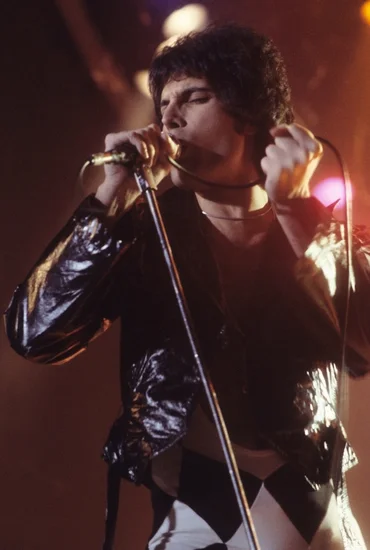
The future Queen frontman was born Farrokh Bulsara, beginning a life that would revolutionize rock music. His extraordinary vocal range and theatrical stage presence would define a generation.
Mercury’s artistic vision and musical innovation helped create some of rock’s most enduring anthems. His cultural impact extended far beyond music into fashion, performance art, and popular culture.
1902 – Hollywood Pioneer Darryl F. Zanuck Born

The future film mogul entered the world, destined to become one of Hollywood’s most influential producers and studio executives. His birth preceded the golden age of American cinema.
Zanuck would help establish 20th Century Fox as a major studio and produce numerous Academy Award-winning films. His career spanned the evolution from silent films to modern Hollywood blockbusters.
1905 – Author Arthur Koestler Born
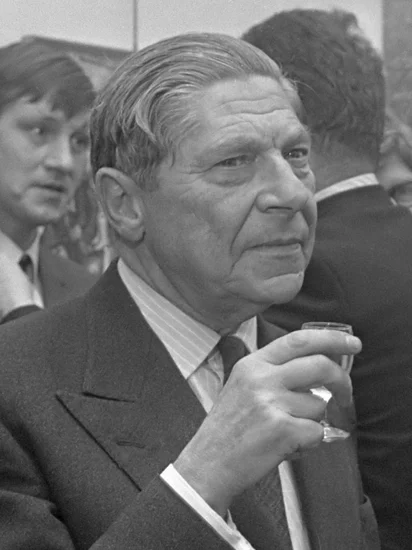
The Hungarian-British writer began his influential literary career, later becoming renowned for political novels and philosophical works. His birth marked the arrival of a major 20th-century intellectual.
Koestler’s masterpiece “Darkness at Noon” would expose the horrors of totalitarian regimes and influence political thought worldwide. His writings bridged literature, politics, and scientific inquiry.
Religious and Social Events on September 5
1997 – Mother Teresa Dies in Calcutta
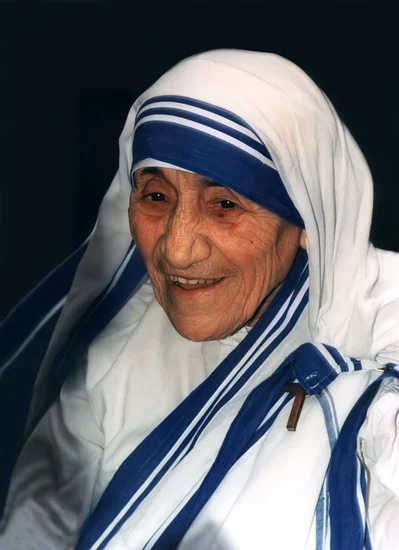
The Nobel Peace Prize laureate and saint passed away after decades of serving the poorest of the poor in India. Her death marked the end of an extraordinary life dedicated to humanitarian service.
Mother Teresa’s legacy of compassion and service to humanity earned her worldwide recognition and eventual canonization. Her work among the destitute of Calcutta inspired millions to embrace charitable service.
1915 – Zimmerwald Conference Begins
European pacifist leaders gathered in Switzerland to oppose World War I and promote international peace. The conference represented growing anti-war sentiment across the continent.
Socialist and pacifist delegates from multiple nations shared strategies for ending the devastating conflict. The conference helped establish frameworks for future international peace movements.
1991 – Indigenous Peoples Convention Comes into Force
The International Labour Organization’s Convention 169 became legally binding, establishing comprehensive protections for indigenous communities worldwide. The treaty recognized indigenous rights to land, culture, and self-determination.
This landmark agreement provided legal frameworks for protecting indigenous peoples from discrimination and exploitation. The convention established new standards for respecting traditional knowledge and cultural practices.
1981 – Greenham Common Women’s Peace Camp Established
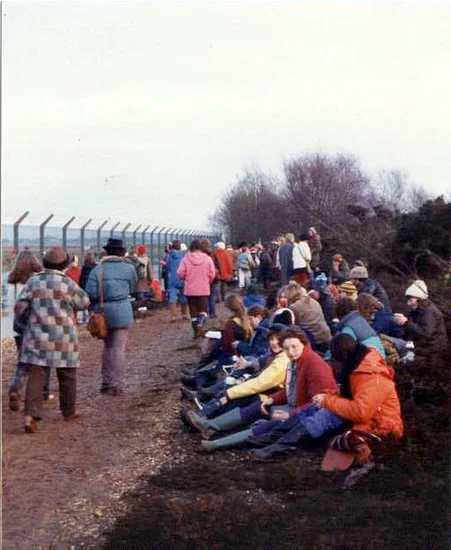
British women established a protest camp opposing nuclear weapons deployment at the RAF base. The peace camp became a symbol of grassroots activism and feminist anti-nuclear organizing.
The women’s sustained protest lasted nearly two decades and influenced international peace movements. Their non-violent resistance demonstrated the power of organized civil disobedience.
Business and Economic Events on September 5
1927 – Financial Leader Paul Volcker Born
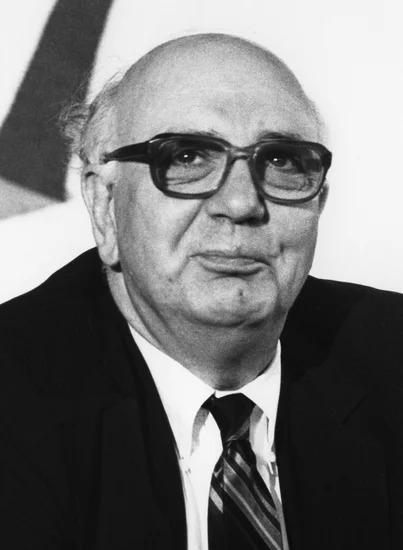
The future Federal Reserve Chairman entered the world, destined to reshape American monetary policy and combat inflation. His birth preceded one of the most challenging periods in modern economic history.
Volcker would later implement dramatic interest rate policies that successfully controlled runaway inflation in the 1980s. His economic leadership helped restore confidence in American financial institutions.
1921 – Entertainment Industry Pioneer Jack Valenti Born
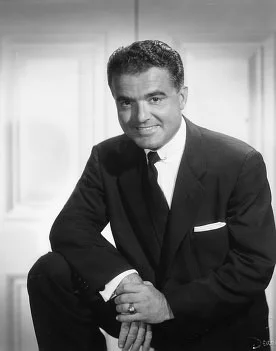
The future president of the Motion Picture Association of America was born, later creating the influential film rating system. His birth marked the beginning of a career that would shape Hollywood.
Valenti’s MPAA rating system provided parents with guidance while protecting filmmakers’ creative freedom. His leadership helped establish industry standards that continue influencing movie production and distribution.
1934 – Retail Magnate Sidney Myer Dies
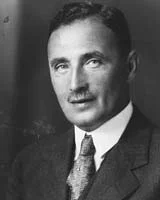
The Russian-Australian businessman who founded the Myer department store empire passed away, leaving behind a transformed retail landscape. His death marked the end of an era in Australian commerce.
Myer’s innovative retail concepts and customer service standards revolutionized Australian shopping experiences. His business model influenced retail development across the Asia-Pacific region.
1902 – Theatre Producer Jean Dalrymple Born
The future Broadway producer and publicist entered the world, destined to become a major force in American theatre. Her birth preceded the golden age of Broadway entertainment.
Dalrymple would produce numerous successful Broadway shows and help establish theatre as a major cultural industry. Her career spanned the transformation of American entertainment from vaudeville to modern musical theatre.
Transportation and Infrastructure on September 5
1980 – Gotthard Road Tunnel Opens in Switzerland

The world’s longest highway tunnel officially opened, connecting northern and southern Switzerland through the Alps. The 10.14-mile tunnel revolutionized European transportation and commerce.
The engineering marvel reduced travel time between Switzerland and Italy while improving safety during harsh weather conditions. The tunnel’s construction demonstrated Swiss expertise in mountain engineering and infrastructure development.
1986 – Pan Am Flight 73 Hijacking
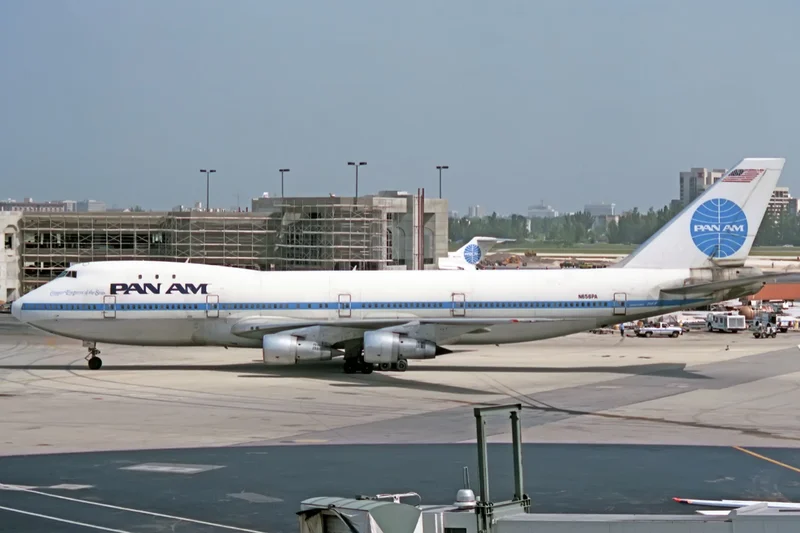
Terrorists seized control of a Pan American World Airways flight at Karachi International Airport, creating an international crisis. The hijacking involved 358 passengers and crew members.
The 16-hour ordeal ended with Pakistani commandos storming the aircraft, but not before multiple casualties occurred. The incident highlighted growing threats to international aviation security.
1996 – Hurricane Fran Devastates North Carolina
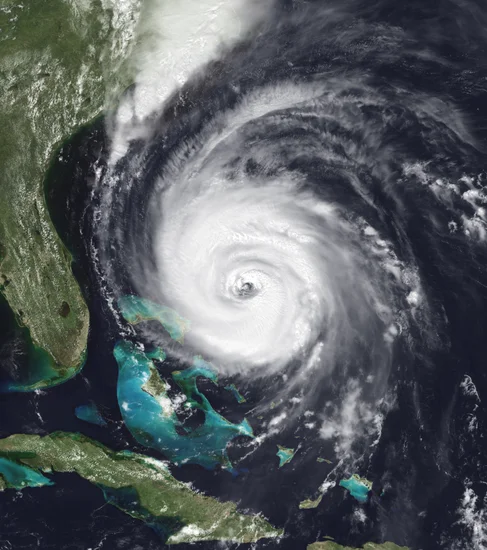
The Category 3 hurricane made landfall near Cape Fear with sustained winds of 115 mph, causing widespread destruction across the southeastern United States. The storm’s impact exceeded $3 billion in damages.
Fran’s powerful winds and flooding affected millions of residents and disrupted transportation networks throughout the region. The hurricane demonstrated the increasing intensity of Atlantic storm systems.
2005 – Mandala Airlines Flight 091 Crashes
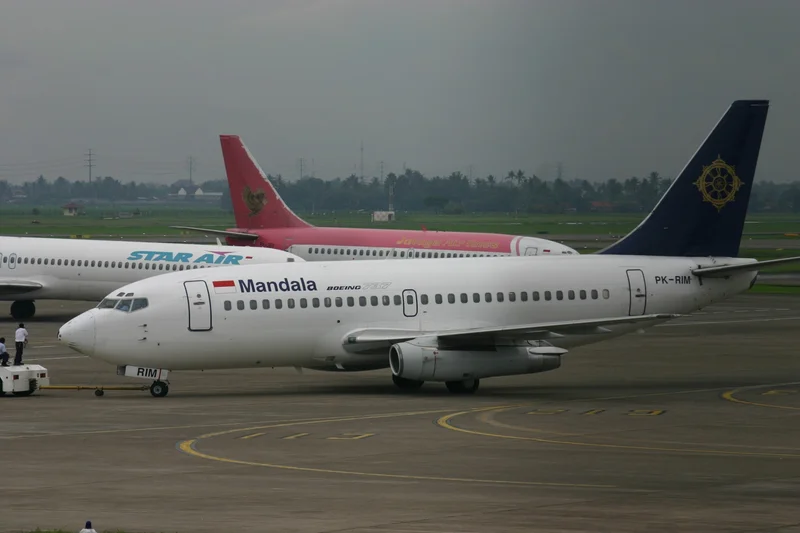
The Indonesian domestic flight crashed shortly after takeoff from Polonia International Airport in Medan, killing all 149 people aboard. The tragedy highlighted aviation safety concerns in Southeast Asia.
The crash prompted investigations into airline safety standards and aircraft maintenance procedures across the region. Indonesian aviation authorities implemented new safety protocols following the disaster.
Sports and Recreation on September 5
1960 – Cassius Clay Wins Olympic Gold

The future Muhammad Ali captured the light heavyweight boxing championship at the Rome Olympics, beginning his legendary career. His victory marked the emergence of boxing’s most charismatic figure.
Clay’s Olympic triumph launched a professional career that would transform boxing into a global entertainment phenomenon. His athletic excellence and personality made him one of the most recognizable athletes in history.
1972 – Munich Olympics Massacre Begins
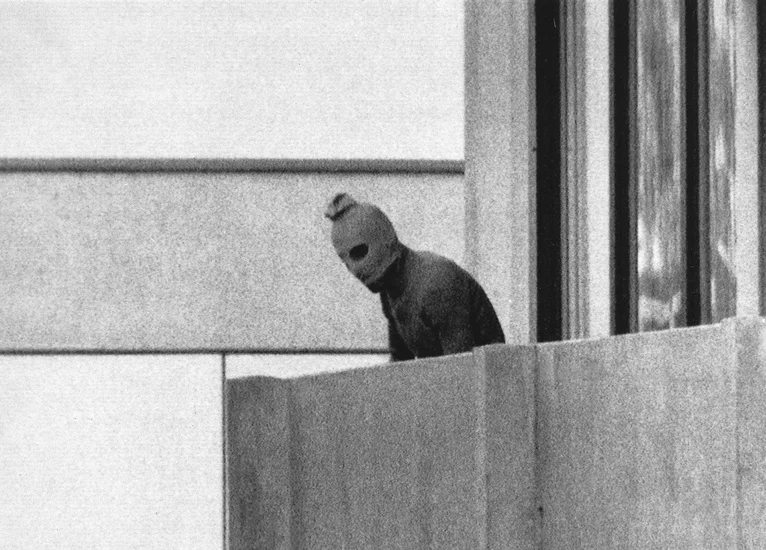
Palestinian terrorists attacked Israeli athletes at the Olympic Games, taking eleven hostages and killing two immediately. The “Black September” group’s assault shocked the international community.
The tragedy transformed Olympic security protocols and highlighted the intersection of sports and international terrorism. Nine additional athletes were murdered during a failed rescue attempt the following day.
1970 – Formula One Champion Jochen Rindt Dies
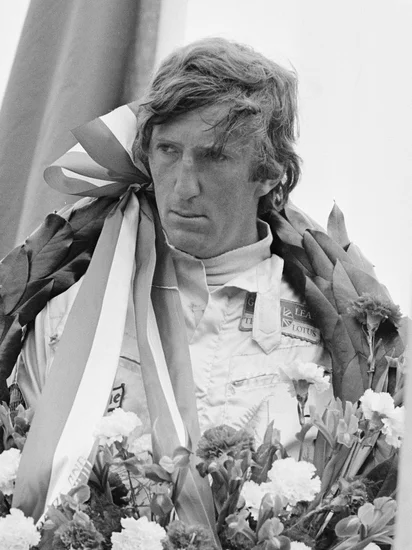
The Austrian racing driver was killed during practice for the Italian Grand Prix at Monza, becoming the only posthumous Formula One World Champion. His death shocked the motorsport community.
Rindt’s championship victory came after his tragic accident, highlighting the dangerous nature of 1970s Formula One racing. His legacy influenced improved safety standards in international motorsport.
1910 – England Cricket Legend Archie Jackson Born
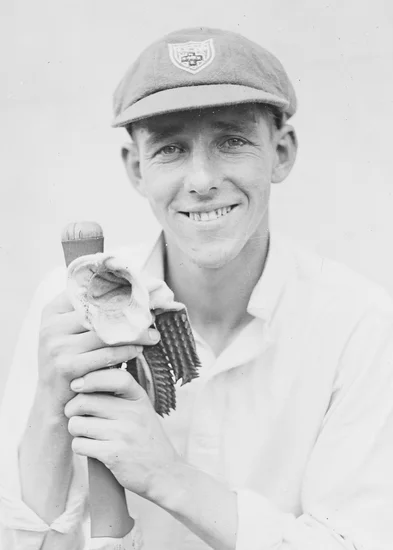
The Scottish-born Australian cricketer entered the world, destined for a brilliant but tragically brief career. His birth marked the arrival of one of cricket’s most promising talents.
Jackson’s elegant batting style and natural ability impressed critics and fans alike during his short international career. His early death from tuberculosis robbed cricket of a potentially great champion.
Notable Births on September 5
1946 – Freddie Mercury Born

The legendary Queen frontman was born Farrokh Bulsara in Stone Town, Zanzibar, beginning a life that would revolutionize rock music. His extraordinary four-octave vocal range and theatrical performance style would define an era.
Mercury’s artistic vision and musical innovation helped create timeless anthems like “Bohemian Rhapsody” and “We Are the Champions.” His influence on popular music and culture continues inspiring artists worldwide decades after his death.
1912 – John Cage Born

The revolutionary American composer entered the world in Los Angeles, destined to transform modern music through experimental techniques and philosophical approaches. His innovative concepts challenged traditional notions of music and sound.
Cage’s groundbreaking compositions like “4’33″” redefined the boundaries between music and silence. His influence extended beyond classical music into jazz, electronic music, and contemporary art movements.
1951 – Michael Keaton Born
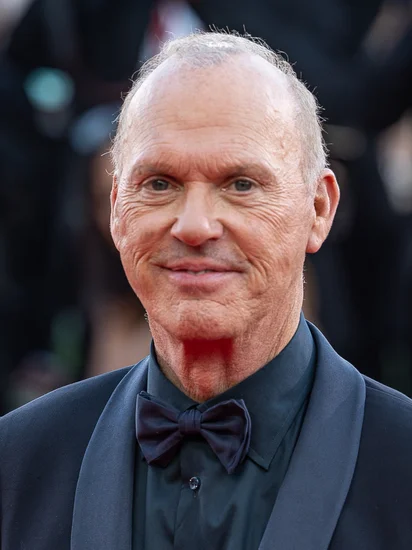
The versatile American actor was born Michael Douglas in Pennsylvania, later becoming one of Hollywood’s most acclaimed performers. His dynamic range encompasses both comedy and dramatic roles.
Keaton’s memorable performances in “Batman,” “Beetlejuice,” and “Birdman” showcased his ability to inhabit diverse characters. His career renaissance in recent years has earned critical acclaim and numerous awards.
1905 – Arthur Koestler Born
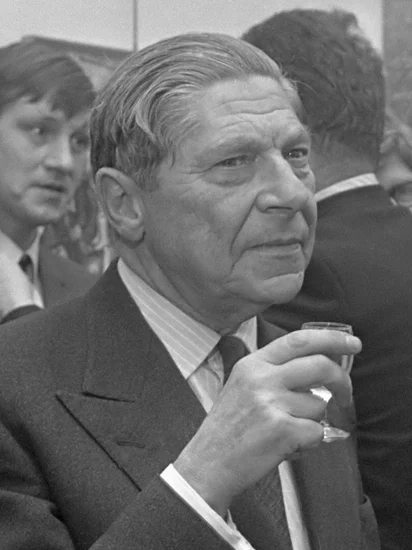
The Hungarian-British writer and intellectual was born in Budapest, later becoming one of the 20th century’s most influential political authors. His experiences under totalitarian regimes shaped his literary perspective.
Koestler’s masterpiece “Darkness at Noon” exposed the psychological mechanisms of totalitarian oppression. His writings bridged literature, politics, and science, influencing generations of thinkers and writers.
1939 – George Lazenby Born

The Australian actor was born in Goulburn, New South Wales, destined to become the second actor to portray James Bond. His single appearance in “On Her Majesty’s Secret Service” created cinematic history.
Lazenby’s unique interpretation of the iconic spy character brought emotional depth to the role. His decision to leave the franchise after one film remains one of entertainment’s most debated career choices.
1972 – Rose McGowan Born

The American actress was born in Florence, Italy, later becoming a prominent figure in both entertainment and activism. Her career spans film, television, and social justice advocacy.
McGowan’s roles in “Scream” and “Charmed” established her as a popular actress before her activism in the #MeToo movement. Her courage in speaking out against harassment transformed Hollywood culture.
1929 – Bob Newhart Born
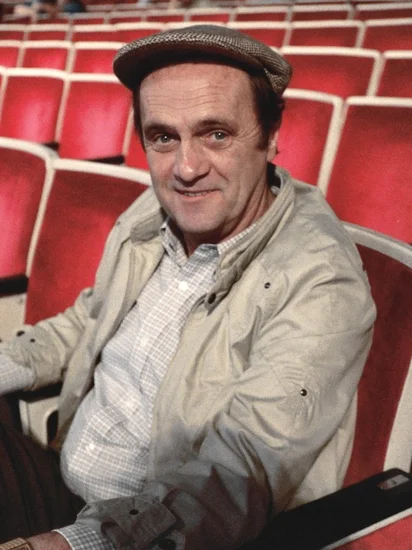
The beloved American comedian was born in Oak Park, Illinois, later becoming one of television’s most enduring performers. His distinctive deadpan delivery and observational humor defined comedy for generations.
Newhart’s successful transition from stand-up comedy to television stardom included multiple hit series and Emmy Awards. His influence on American comedy remains evident in contemporary performers.
1927 – Paul Volcker Born
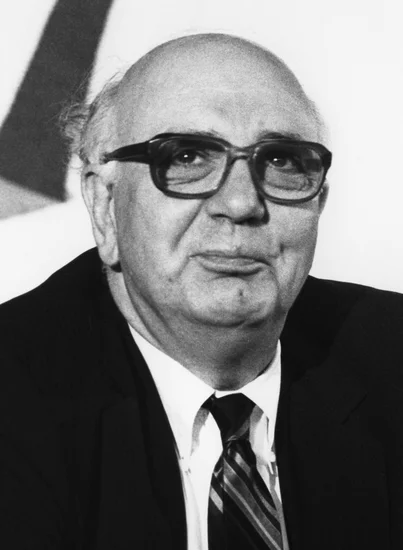
The future Federal Reserve Chairman was born in Cape May, New Jersey, destined to become one of America’s most influential economic leaders. His monetary policies would reshape the national economy.
Volcker’s dramatic interest rate increases in the 1980s successfully combated devastating inflation while restoring confidence in American financial institutions. His economic leadership helped establish modern monetary policy frameworks.
Notable Deaths on September 5
1997 – Mother Teresa Dies

The Albanian-Indian nun and humanitarian passed away in Calcutta at age 87, ending a life dedicated to serving the poorest of the poor. Her death marked the loss of one of the 20th century’s most revered figures.
Mother Teresa’s Nobel Peace Prize and subsequent canonization recognized her extraordinary service to humanity. Her work among the destitute of Calcutta inspired millions to embrace charitable service and compassion.
1906 – Ludwig Boltzmann Dies

The Austrian physicist and philosopher passed away at age 62, leaving behind revolutionary contributions to statistical mechanics and thermodynamics. His death came before his theories gained full scientific acceptance.
Boltzmann’s work on the kinetic theory of gases and statistical interpretation of entropy laid foundations for modern physics. His insights into the molecular nature of heat proved crucial for quantum mechanics development.
1902 – Rudolf Virchow Dies
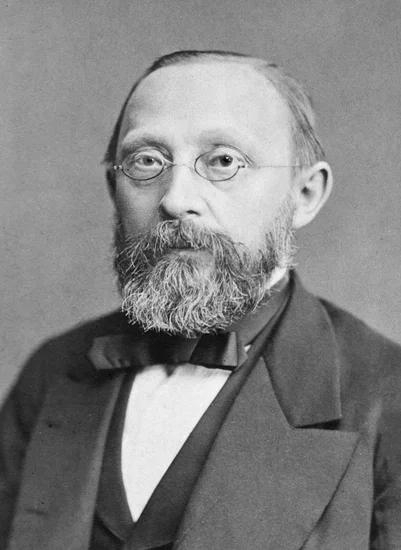
The German physician and anthropologist passed away at age 80, concluding a career that revolutionized medical science and public health. His cellular pathology theories transformed understanding of disease.
Virchow’s principle “omnis cellula e cellula” established that all cells arise from pre-existing cells. His contributions to medicine, anthropology, and public health policy influenced scientific thought for generations.
1970 – Jochen Rindt Dies
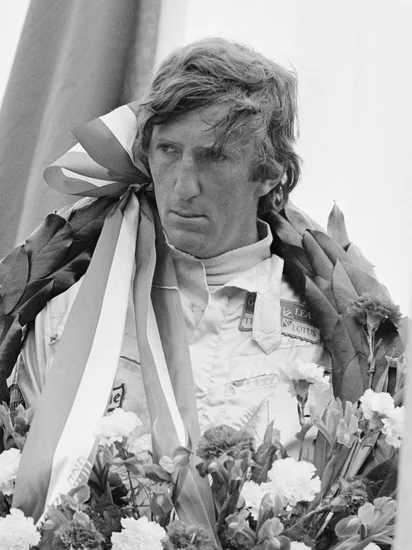
The Austrian Formula One driver was killed during practice at Monza at age 28, becoming the only posthumous World Champion in the sport’s history. His death shocked the international motorsport community.
Rindt’s elegant driving style and competitive spirit made him a fan favorite before his tragic accident. His championship victory highlighted the dangerous nature of 1970s Formula One racing.
1997 – Georg Solti Dies
The Hungarian-British conductor passed away at age 84, concluding one of classical music’s most distinguished careers. His recordings and performances set new standards for orchestral excellence.
Solti’s Grammy Award-winning recordings and leadership of major orchestras influenced classical music interpretation worldwide. His passionate conducting style and musical integrity inspired generations of musicians.
1986 – Neerja Bhanot Dies
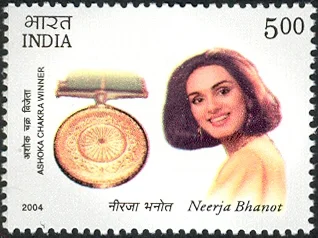
The Indian flight attendant died at age 22 while protecting passengers during the Pan Am Flight 73 hijacking in Karachi. Her heroic actions saved hundreds of lives during the terrorist attack.
Bhanot’s sacrifice earned her India’s highest peacetime military award, the Ashok Chakra. Her courage and selflessness became symbols of heroism and professional duty in the face of terrorism.
1982 – Douglas Bader Dies
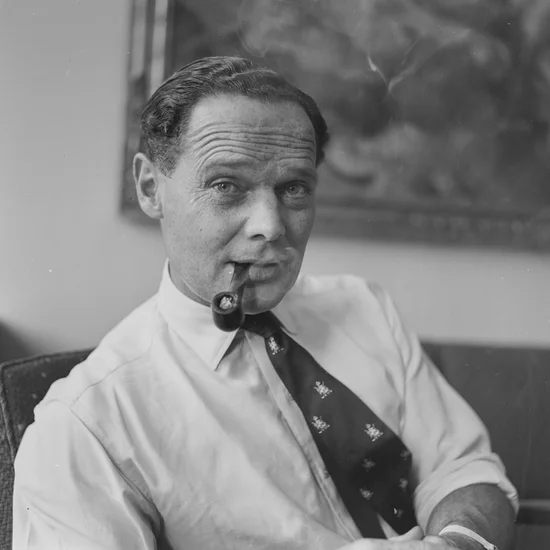
The British Royal Air Force fighter pilot passed away at age 72, concluding a remarkable career that overcame physical disability. His wartime heroics inspired millions despite losing both legs in a flying accident.
Bader’s determination to continue flying combat missions with artificial legs demonstrated extraordinary courage and resilience. His leadership during the Battle of Britain helped secure Allied victory.
1975 – Alice Catherine Evans Dies
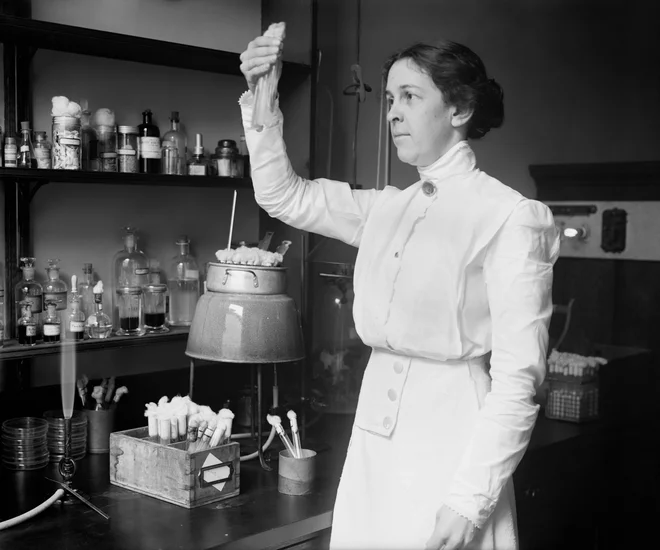
The American microbiologist passed away at age 94, leaving behind groundbreaking contributions to food safety and public health. Her research on bacterial contamination in dairy products saved countless lives.
Evans’ work on brucellosis and pasteurization helped establish modern food safety standards. Her scientific achievements overcame significant gender barriers in early 20th-century microbiology.
Holidays and Observances on September 5
International Day of Charity

The United Nations designated this day to recognize charitable efforts worldwide and encourage philanthropic activities. The observance honors individuals and organizations dedicating themselves to helping others in need.
The day promotes awareness of charity’s role in alleviating human suffering and social problems. Communities worldwide organize volunteer activities and fundraising events to support various humanitarian causes.
Teacher’s Day in India
India celebrates its educators on this date, honoring the birthday of Dr. Sarvepalli Radhakrishnan, the country’s second President and renowned philosopher. The observance recognizes teachers’ vital contributions to society and education.
Schools and educational institutions organize special programs celebrating teaching excellence and educational achievement. Students express gratitude to their teachers through various cultural activities and recognition ceremonies.
Denmark’s Flag-Flying Day for Deployed Personnel
Denmark honors its military personnel serving abroad through this special observance. The day recognizes the sacrifices made by Danish forces in international peacekeeping and security operations.
Citizens display the Danish flag to show support for deployed military personnel and their families. The observance strengthens national unity and appreciation for military service.
First Day of School in Vietnam
Vietnamese students begin their academic year on this date, marking an important milestone in the country’s educational calendar. The day represents new beginnings and educational opportunities for millions of students.
Schools organize opening ceremonies celebrating learning and academic achievement. Families participate in traditions that emphasize education’s importance in Vietnamese culture and society.
